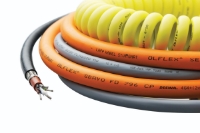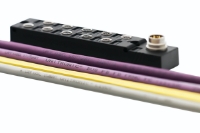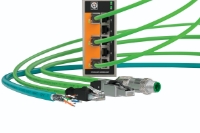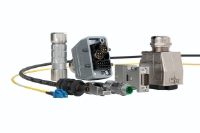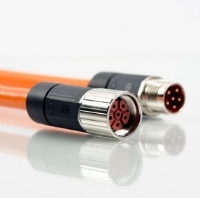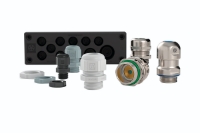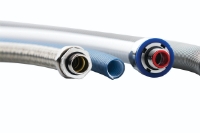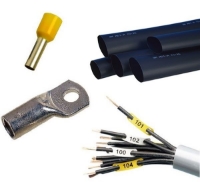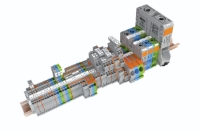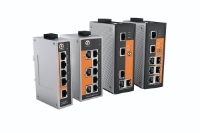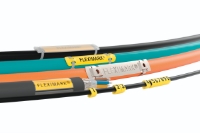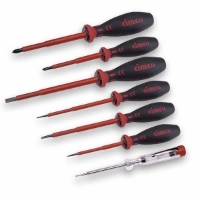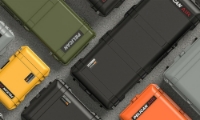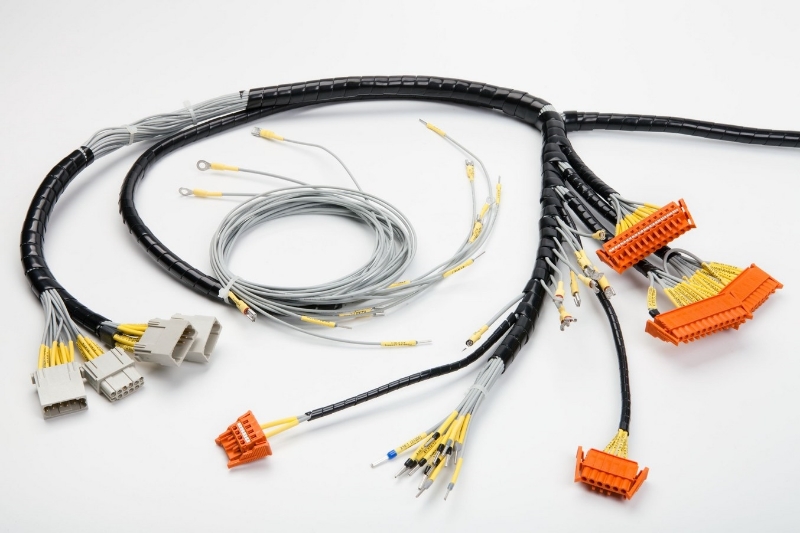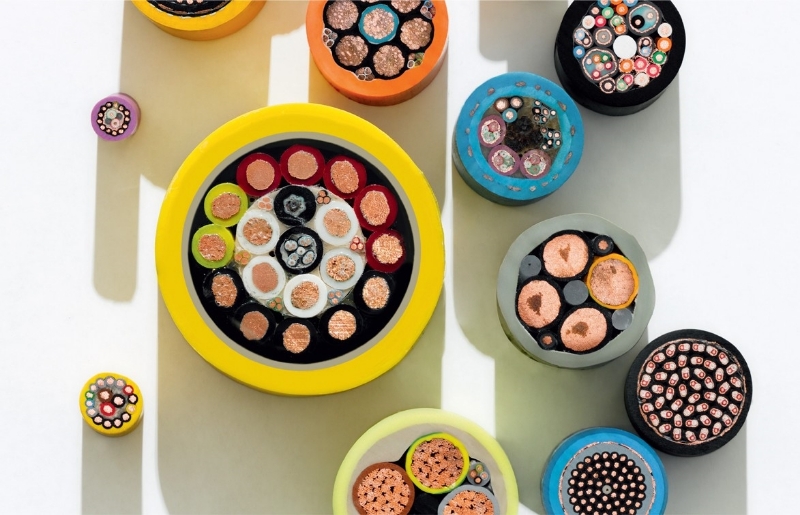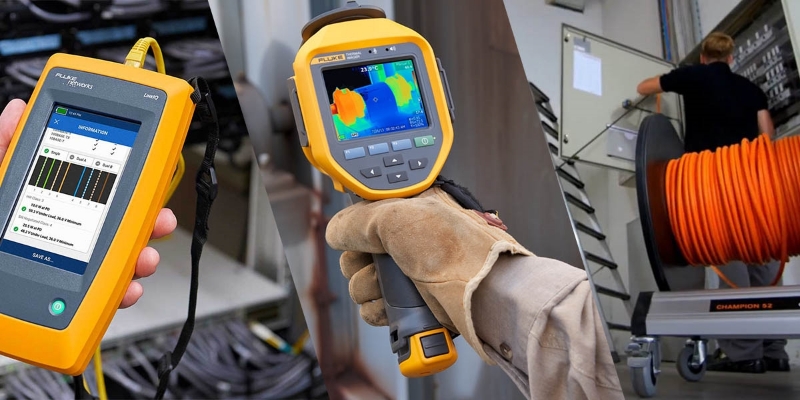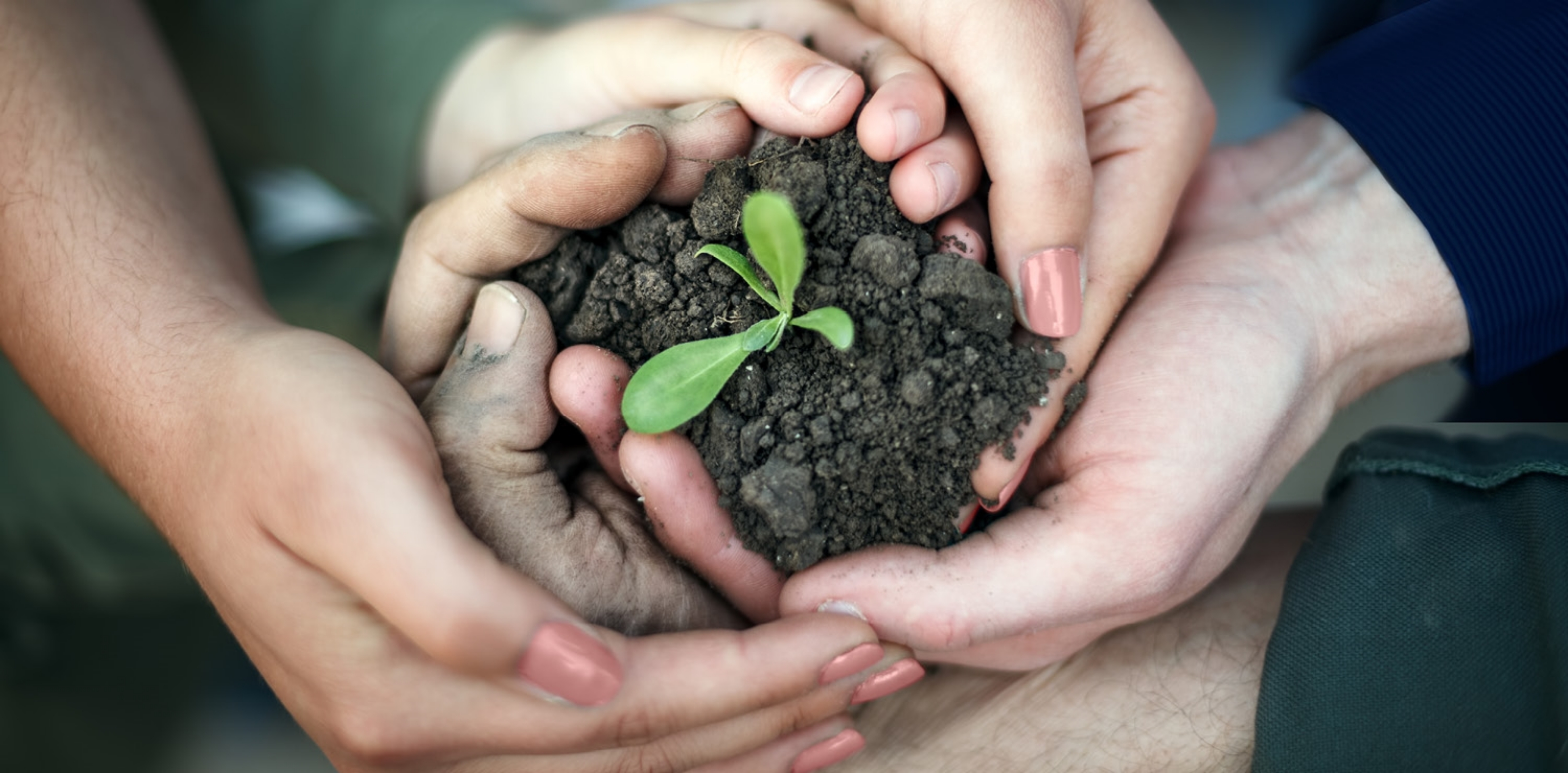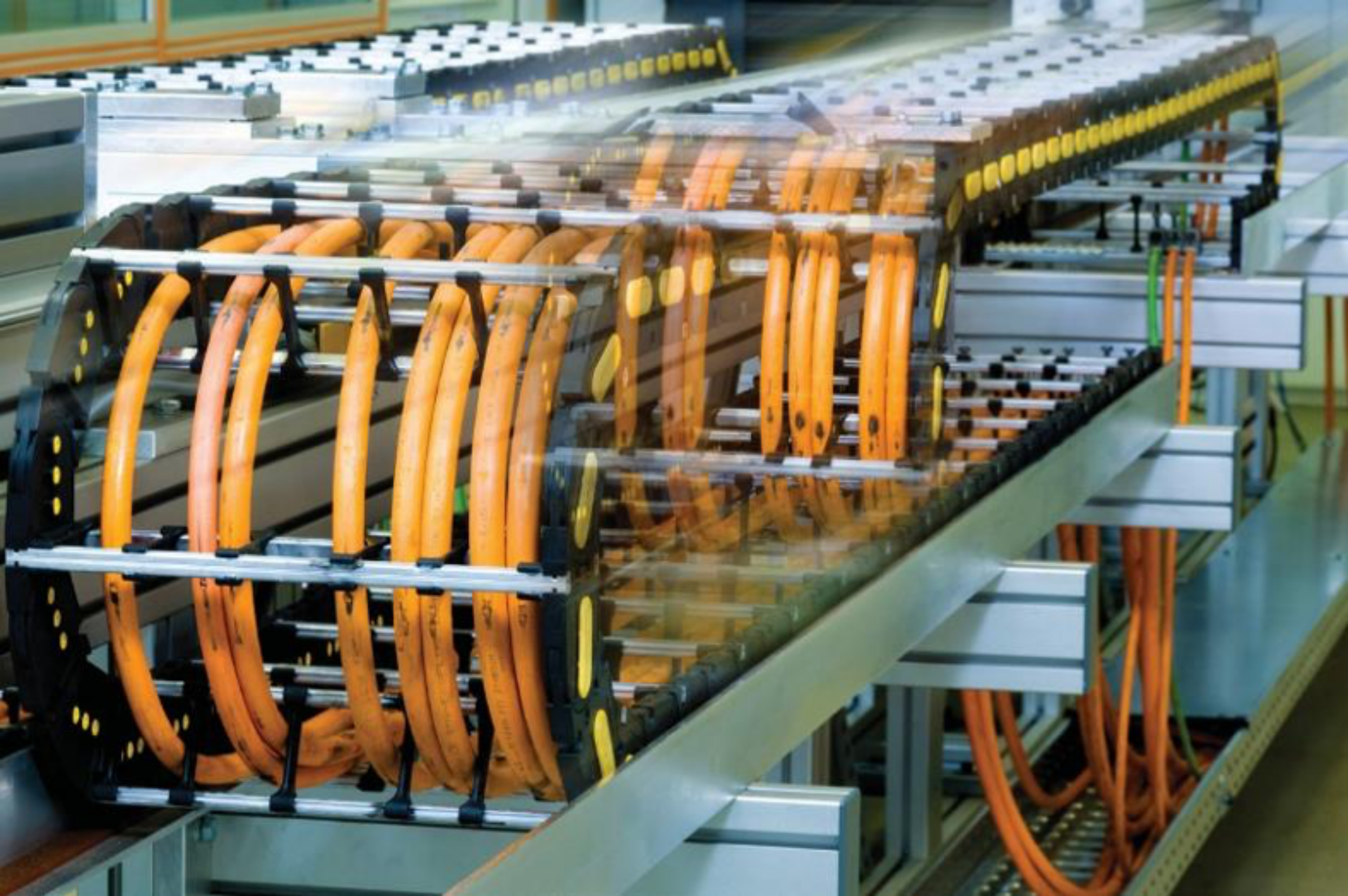LAPP is a family company. This is what shapes our culture. We think long-term and act responsibly – for our employees, for our customers, for the environment and society.
Knowledge
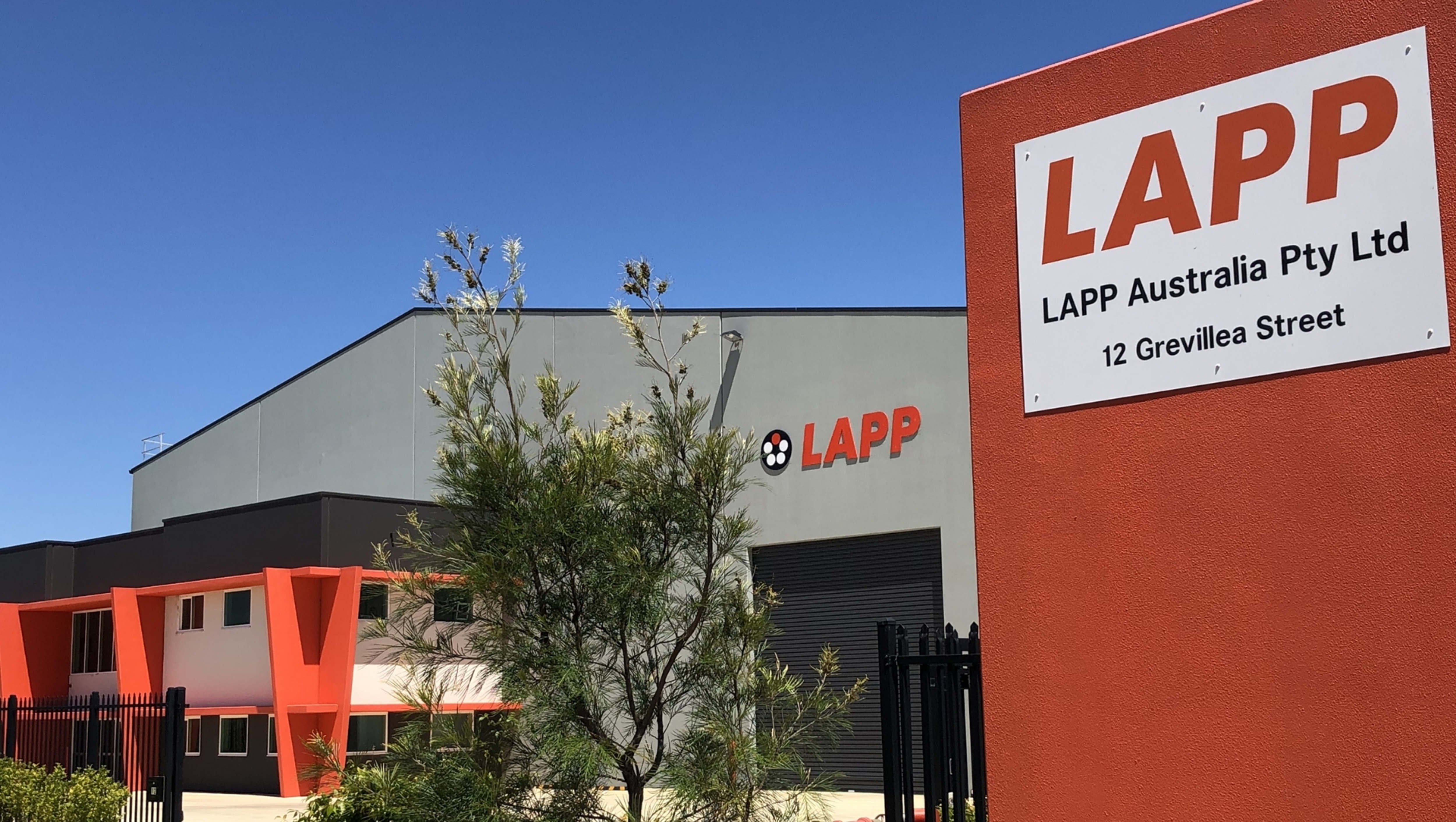
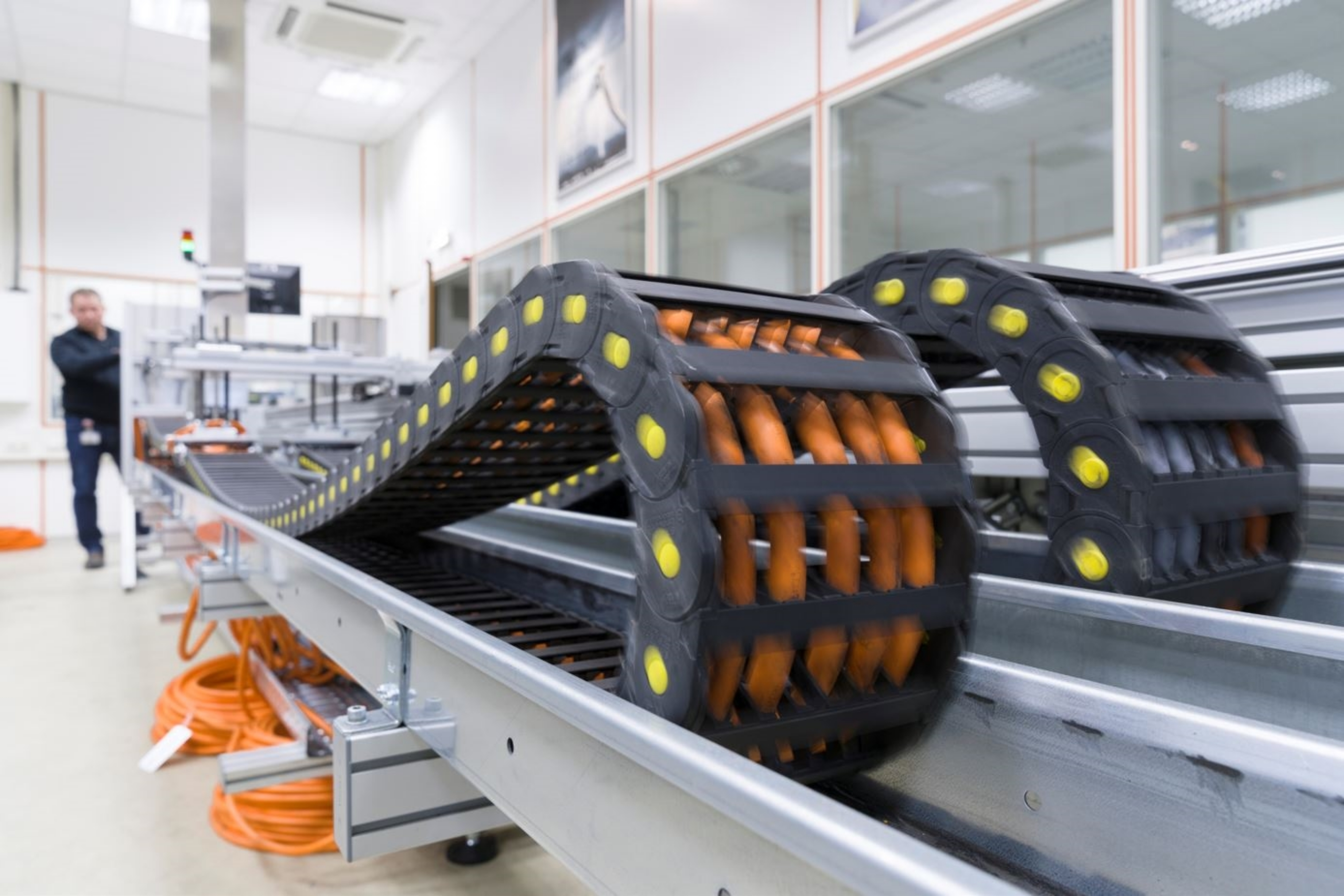
A range of highly flexible chain cables for constant moving applications. Suitable for the most modern of automated manufacturing systems, inside and outdoors, and to meet the highest service life requirements.
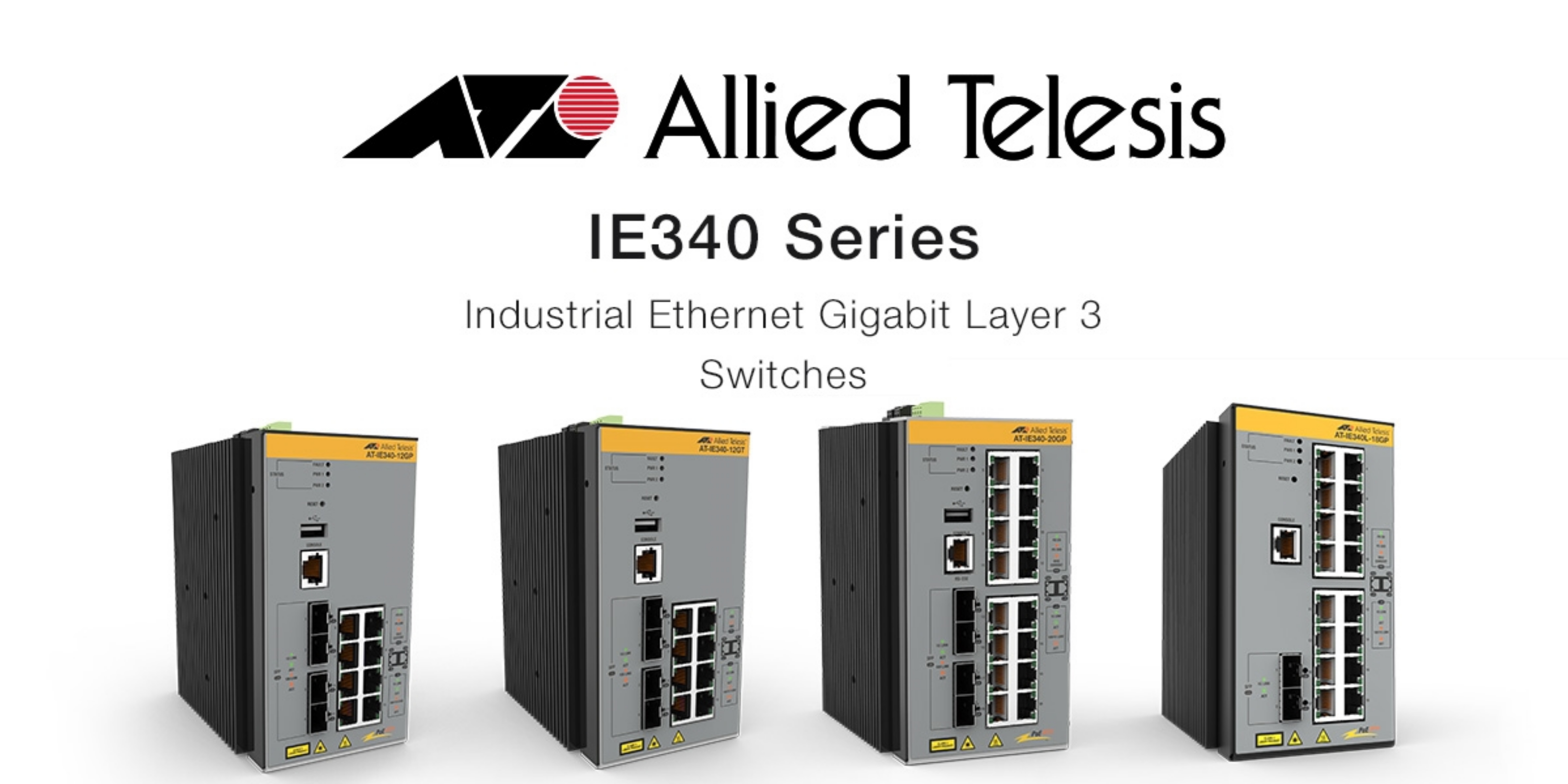
Ruggedised switches are built to provide enduring performance in harsh environments. The Allied Telesis Layer 3 Switch offers high throughput, rich functionality, and advanced security features, IE340 switches deliver the performance and reliability demanded by deployments in the age of the Internet of Things (IoT).

The Allied Telesis x930 Series of stackable Gigabit Layer 3 switches provide resiliency, reliability, and high performance, making them ideal for network core and distribution solutions.
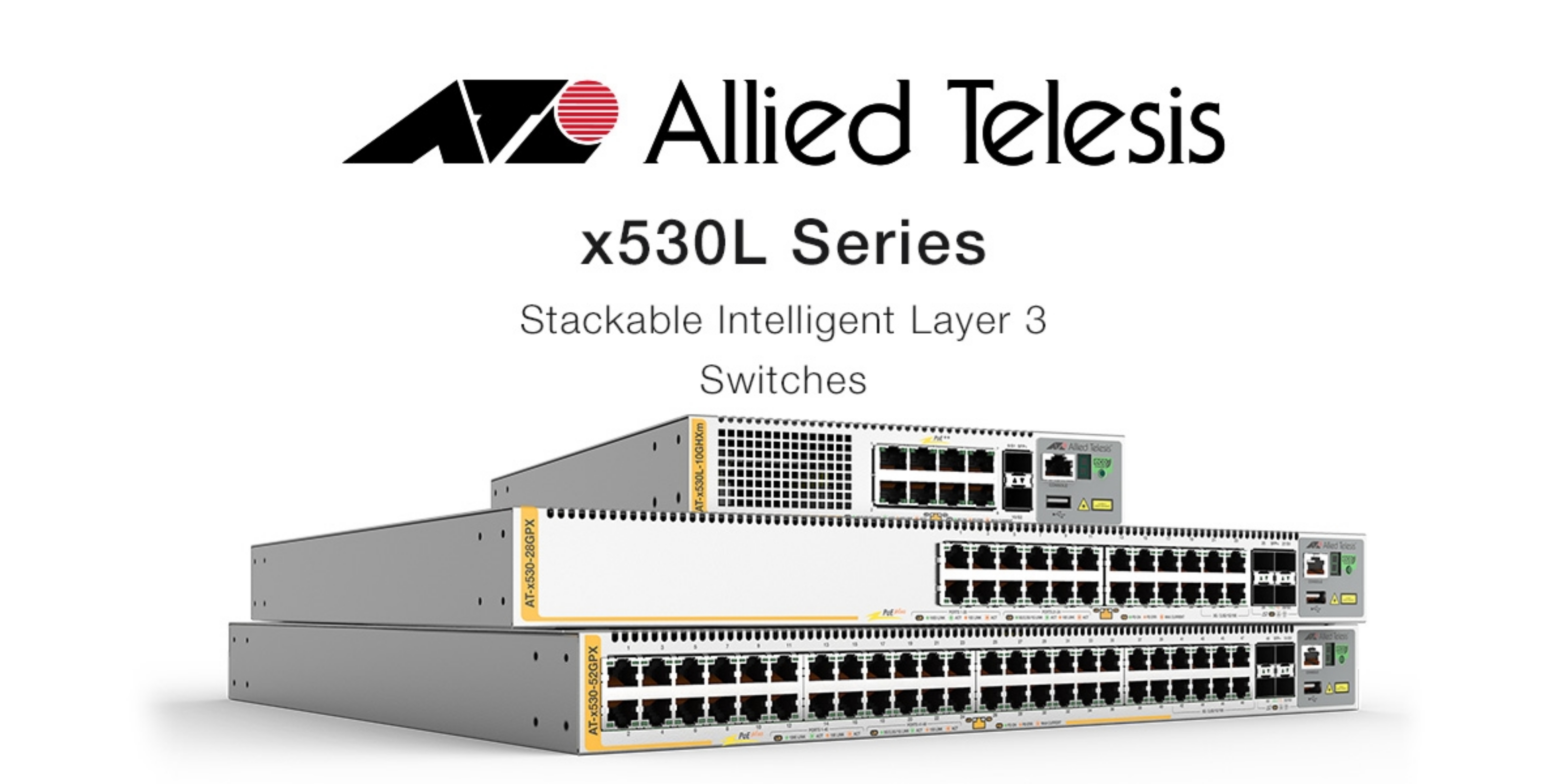
The Allied Telesis x530L Series stackable Layer 3 switches feature high capacity, resiliency, and easy management.With both Multi-Gigabit and high port density models, plus Power over Ethernet (PoE), they are the ideal choice for network access applications.
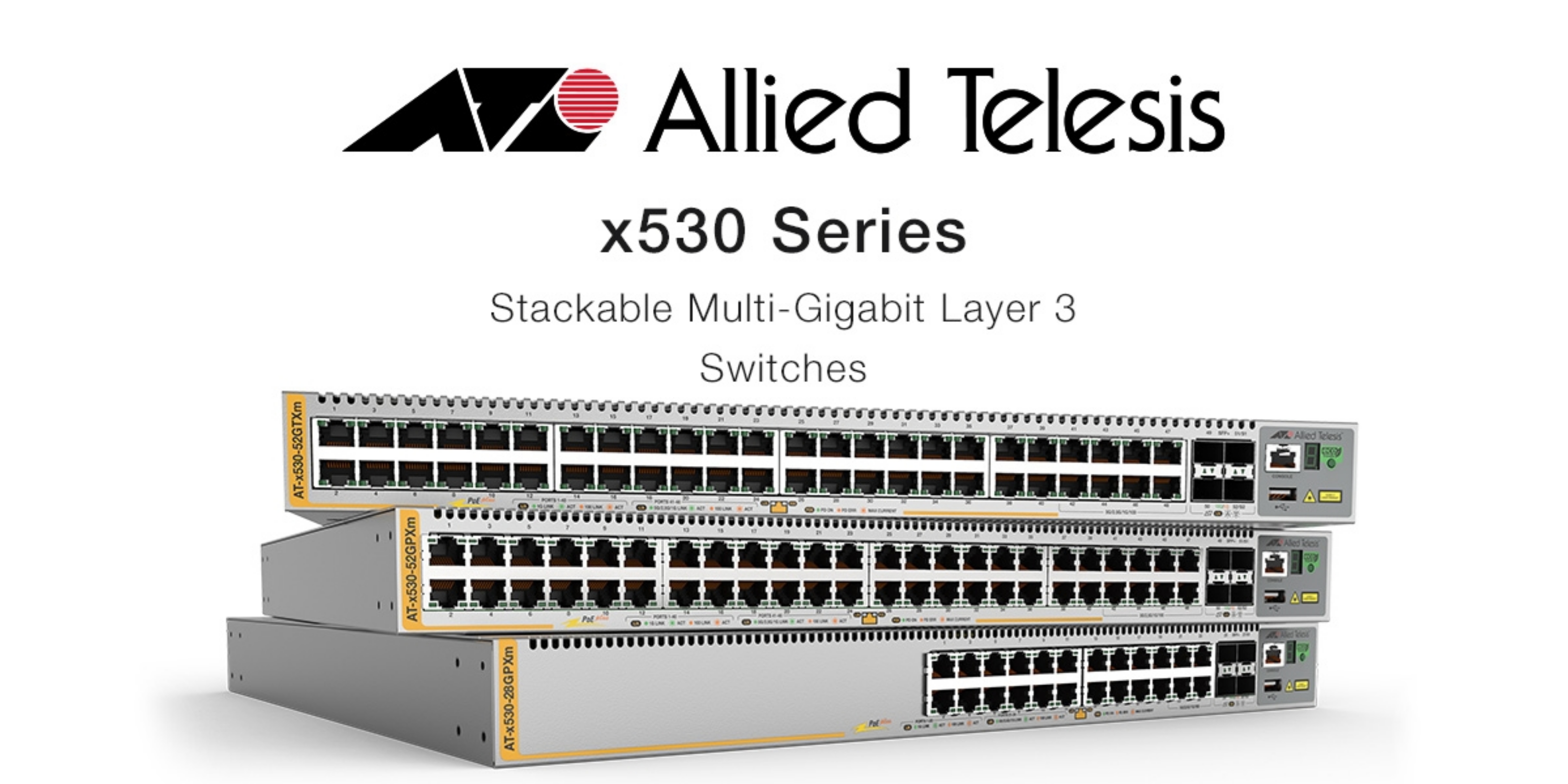
The Allied Telesis x530 Series of stackable and powerful multi-Gigabit switches with high capacity and easy management, make them the ideal choice for demanding distribution and high-speed connectivity applications.
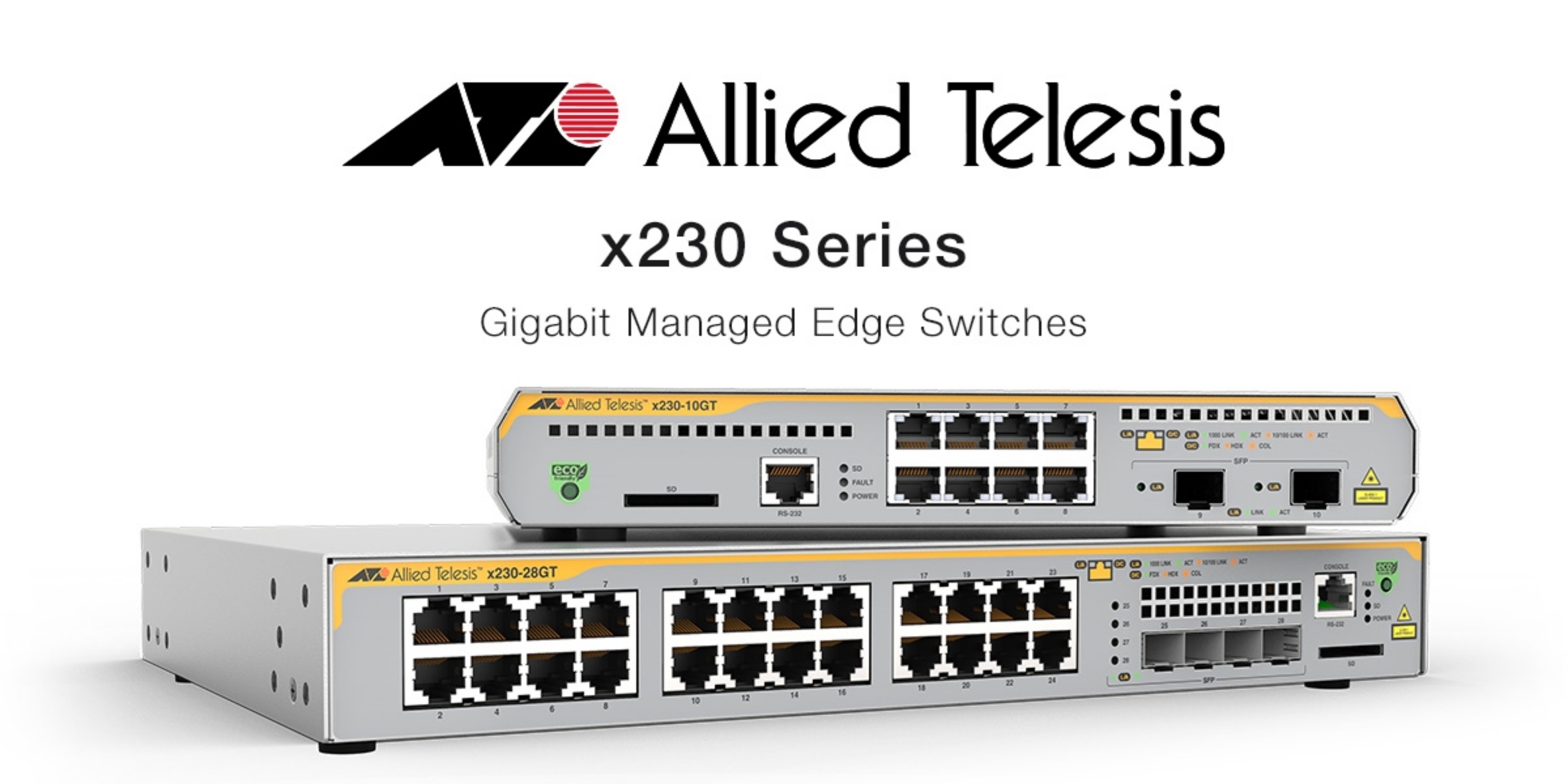
The Allied Telesis x230 Series of Layer 3 Gigabit switches offer an impressive set of features in a compact design for flexible deployment. Power over Ethernet capability makes them ideal for connecting and remotely powering access and security devices at the network edge. Allied Telesis x230 Series switches provide an excellent access solution for today’s networks, supporting Gigabit to the desktop for maximum performance.
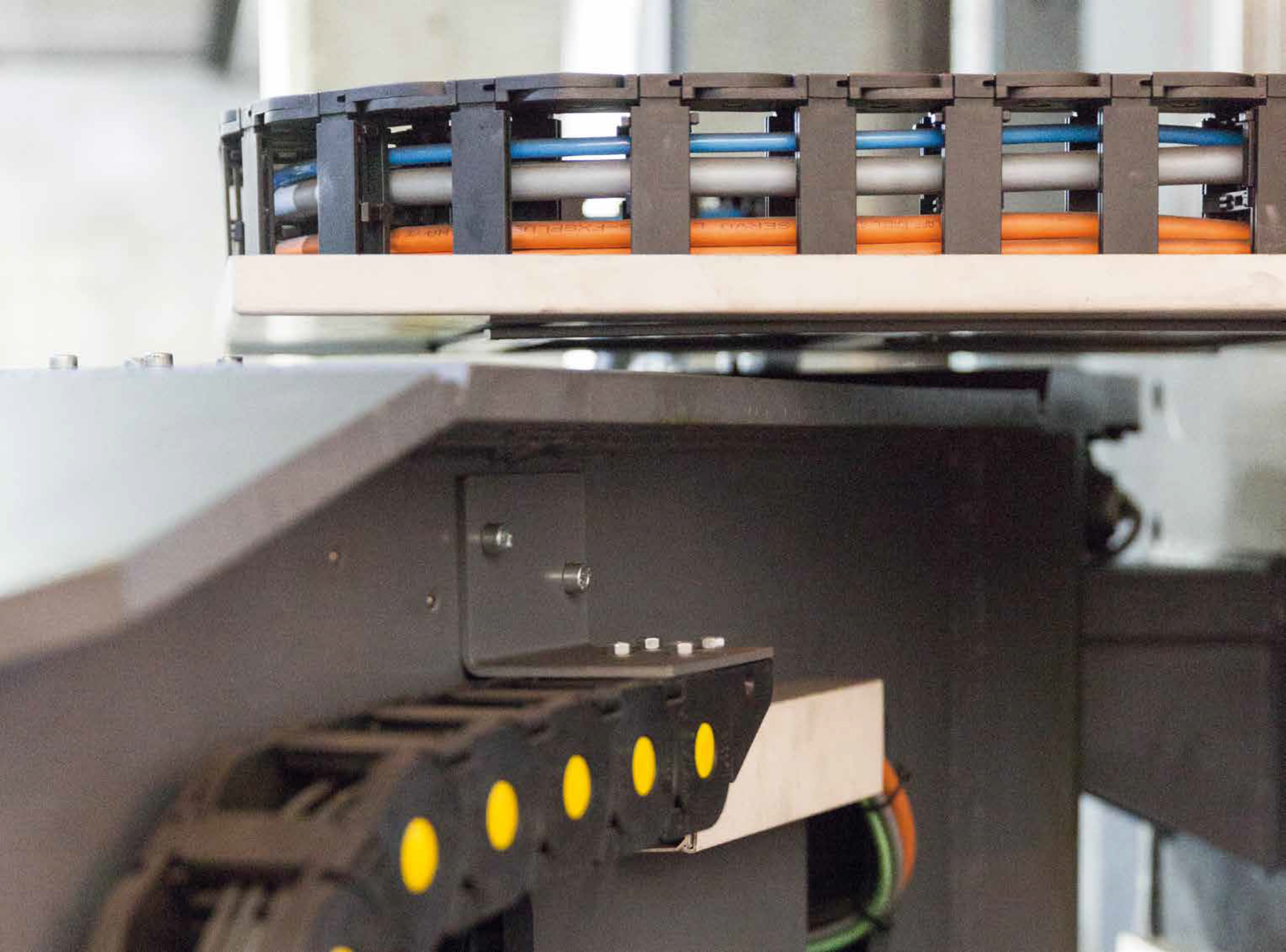
Drag chains are mechanical machine elements that play an increasingly important role in Industry 4.0 automation, communication, safety and security, protecting energy, data, and signals that have to withstand the most diverse environmental influences.

